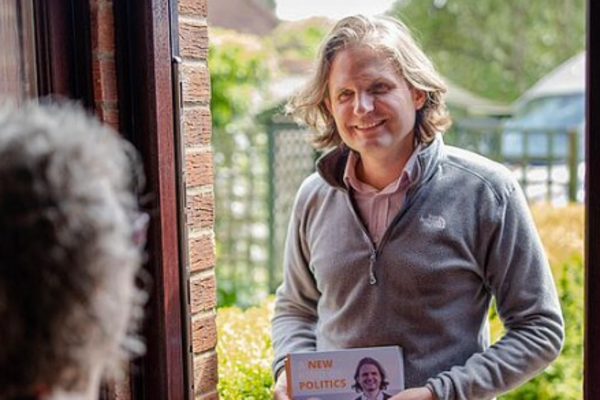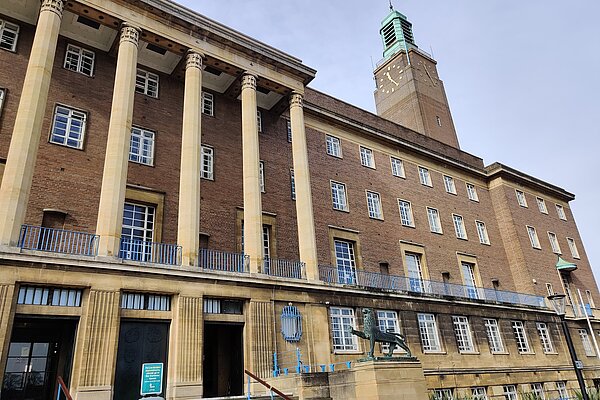Local Elections Cancelled: No Poll in 2025

Many voters in will not be going to the polls this year as the government has cancelled the Norfolk County Council elections scheduled for May 2025 in order to focus on its planned streamlining of local government. The current county councillors, elected in 2021, will therefore be granted at least an extra year in power, and will continue to make decisions on local issues while negotiations take place over the new shape of local government in Norfolk.
Elections for these new authorities are planned for 2026, representing a year’s delay, alongside the election of a new Mayor of Norfolk and Suffolk, who will oversee a range of new regional powers. Norfolk’s Lib Dem MP Steffan Aquarone has questioned whether enough advanced planning has gone into the government’s decision, as it will delay residents a chance to choose their local representatives and hold their current ones to account.
Steff Aquarone, Lib Dem MP in North Norfolk said:

Steffan Aquarone MP
"Cancelling elections is extremely bad for public trust and should only be done when there is a compelling reason and clear plans for when they will be held instead. I fear these plans do not exist and I'm concerned it will be at least two years before people get to have their say about who will actually be running local services.”

Currently, Norwich is served both by the Norwich city council, which deals with parks, bins, and licensing, and the Norfolk County Council, which deals with transport, social care, and education. The government is proposing to abolish both of these and replace them with single layer councils called unitary authorities. These new councils would then run all local services. It isn’t yet clear which areas would be grouped together, which has been the subject of much negotiation between the government and existing councils.
Norfolk and Suffolk together will also get a shared directly elected mayor, who will be granted extensive new powers over matter such as planning, transport, housing and economic development. Norfolk County Council is asking the government to create a single, large unitary council for all of Norfolk, whereas the City Council are recommending that 3 more localised councils are created.
Lib Dem councillors have joined with other parties on the city council to support the creation of 3 new unitary authorities for the county, including one for the Norwich urban area, which understands and responds to the needs of the residents here in the city. Devolution offers major opportunities to develop and drive the investment and growth that comes with a new unitary Norwich Council. One of the biggest challenges will be dis-aggregating critical services like children’s services and adult social care ensuring residents continue to receive support without disruption, and also ensuring that that all areas that form part of the new council retain their distinctive identity.
Leader of the Opposition on Norfolk County Council, Lib Dem Brian Watkins commented:

Leader of the Opposition at NCC, Brian Watkins
“I broadly welcome the news about devolution. Norfolk has been left behind for too long and its about time we were given a greater say in shaping our future destiny. However we must be careful to not lose valued key services when the councils are replaced by larger unitary structures. They must not be too large, they need to reflect local needs and concerns”.
